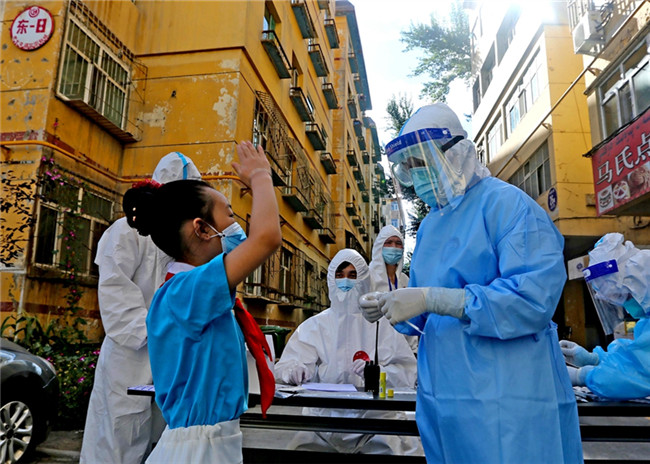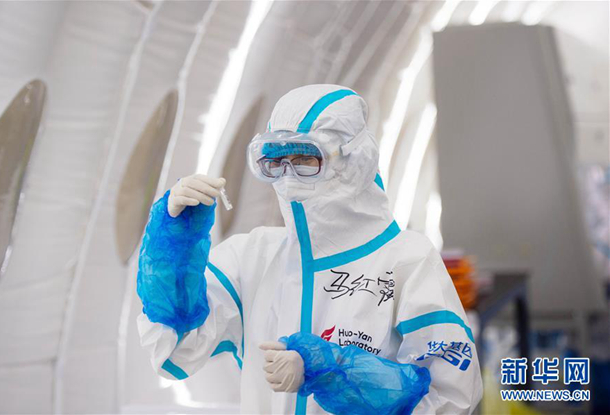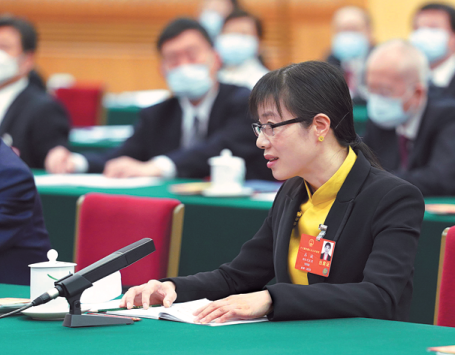
Fighting Virus the Qingdao Way Sets Three 'Five-Day' Records
Experts at the Chinese Center for Disease Control and Prevention said on October 19 that the epidemic prevention and control measures implemented in Qingdao, Shandong Province, have begun showing results. The observation, after Qingdao did not report any local novel coronavirus infections for eight consecutive days, came as a big relief for the city's residents.
Qingdao was able to prevent the situation from worsening because the authorities detected the infection cases early and acted timely. The work the city has done to quickly control the spread of the virus has impressed the public.
At a news conference on Sunday, vice-mayor Luan Xin said that Qingdao had set three "five-day" records in the epidemic control process.
First, it conducted nucleic acid tests on 10 million residents within five days, which is a world record. Second, the authorities were able to locate "patient zero" within five days. Third, the authorities were able to sound "the all clear," meaning no community infection risk in Qingdao, within five days.
Qingdao's quick response not only helped curb the spread of the virus, but also reduced the impact of the prevention and control measures on people's daily lives to the minimum.
The people's daily life and work remained stable and orderly and returned to normal in just half a month. The rest of the country, too, was able to maintain social order despite the outbreak, because people believed that Qingdao will be able to put the situation under control. The city's authorities have not let them down.
Qingdao's experience in containing the virus underlines the significance of conducting regular tests among key groups. The first infection case in Qingdao was detected during regular nucleic acid testing required by hospitals before admitting patients. As epidemic prevention and control is a long-term process, we should learn from Qingdao's experience to cope with the epidemic appropriately.
(Source: China Daily)
 Women Medics in NW China's Xinjiang Contribute to COVID-19 Epidemic Containment
Women Medics in NW China's Xinjiang Contribute to COVID-19 Epidemic Containment Women CPC Members on Front Line of Anti-COVID-19 Battle in Beijing
Women CPC Members on Front Line of Anti-COVID-19 Battle in Beijing Deputy Recalls Role in COVID-19 Fight
Deputy Recalls Role in COVID-19 Fight- Woman Epidemiological Researchers Race Against the Clock on Front Line
 Pic Story of Nurse Who Aided COVID-19 Fight in Wuhan
Pic Story of Nurse Who Aided COVID-19 Fight in Wuhan Volunteer Provides Milk Tea, Back up Anti-Epidemic Workers in NE China
Volunteer Provides Milk Tea, Back up Anti-Epidemic Workers in NE China

 京公网安备 11010102004314号
京公网安备 11010102004314号